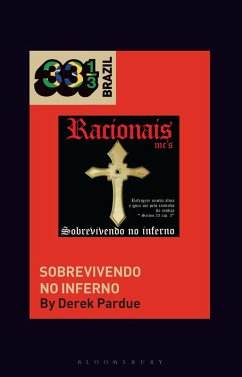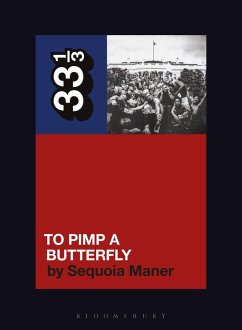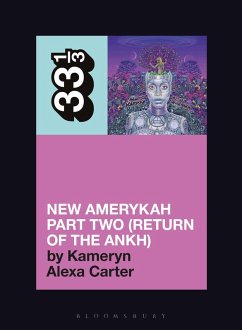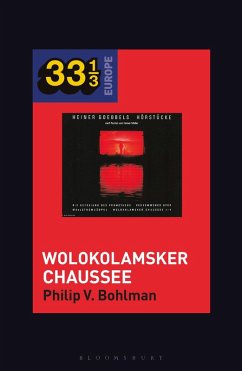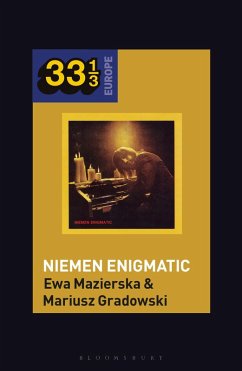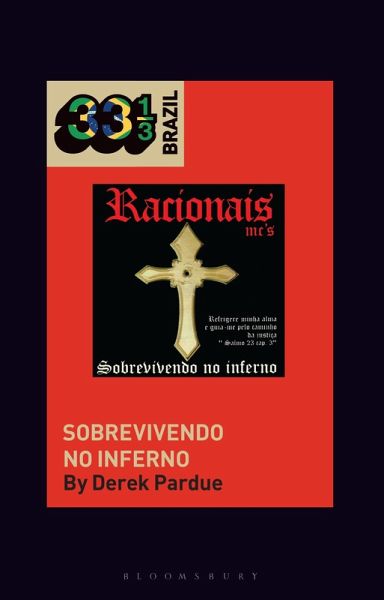
Racionais MCs' Sobrevivendo no Inferno (eBook, PDF)
Versandkostenfrei!
Sofort per Download lieferbar
14,95 €
inkl. MwSt.
Weitere Ausgaben:

PAYBACK Punkte
7 °P sammeln!
In 1997 the rap group Racionais MCs (the 'Rational' MCs) recorded the album Sobrevivendo no Inferno (Surviving in Hell), subsequently changing the hip-hop scene in São Paulo and firmly establishing itself as the point of reference for youth across Brazil. In an era when rappers needed to defend the very idea that their work was indeed music and a time when neighborhoods such as Capão Redondo, from where Racionais frontman Mano Brown hailed, often topped homicide statistics, Sobrevivendo empowered as it provoked. As one journalist noted, "the underworld of São Paulo's working-class suburbs i...
In 1997 the rap group Racionais MCs (the 'Rational' MCs) recorded the album Sobrevivendo no Inferno (Surviving in Hell), subsequently changing the hip-hop scene in São Paulo and firmly establishing itself as the point of reference for youth across Brazil. In an era when rappers needed to defend the very idea that their work was indeed music and a time when neighborhoods such as Capão Redondo, from where Racionais frontman Mano Brown hailed, often topped homicide statistics, Sobrevivendo empowered as it provoked. As one journalist noted, "the underworld of São Paulo's working-class suburbs is dominated by cheap thrills and provides little space for representation." Sobrevivendo changed all of that; a brutal but invigorating imagination was born. The lure of Sobrevivendo is the particular combination of word and sound that powerfully involves listeners, especially those millions of young Brazilians who live in the neighborhoods on the periphery of Brazil's megacities. This book celebrates the 25-year anniversary of Sobrevivendo by representing the album's power not only within the hip-hop community but also in other cultural domains such as cinema and literature. The author also provides his own narrative spins on the sentiment of Sobrevivendo, thus making the book a creative mix of cultural analysis and inspired testimony.




